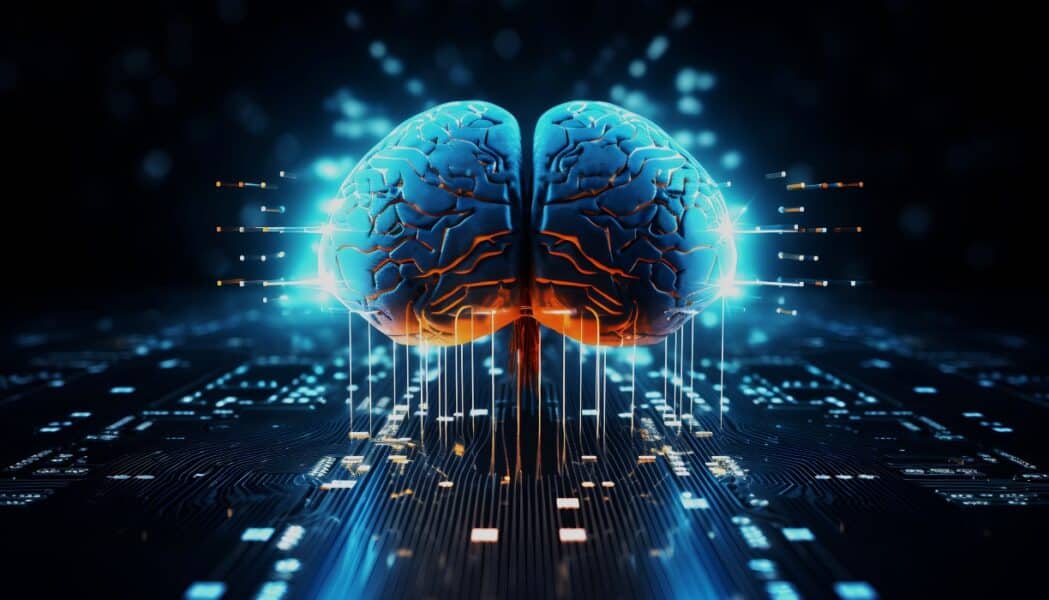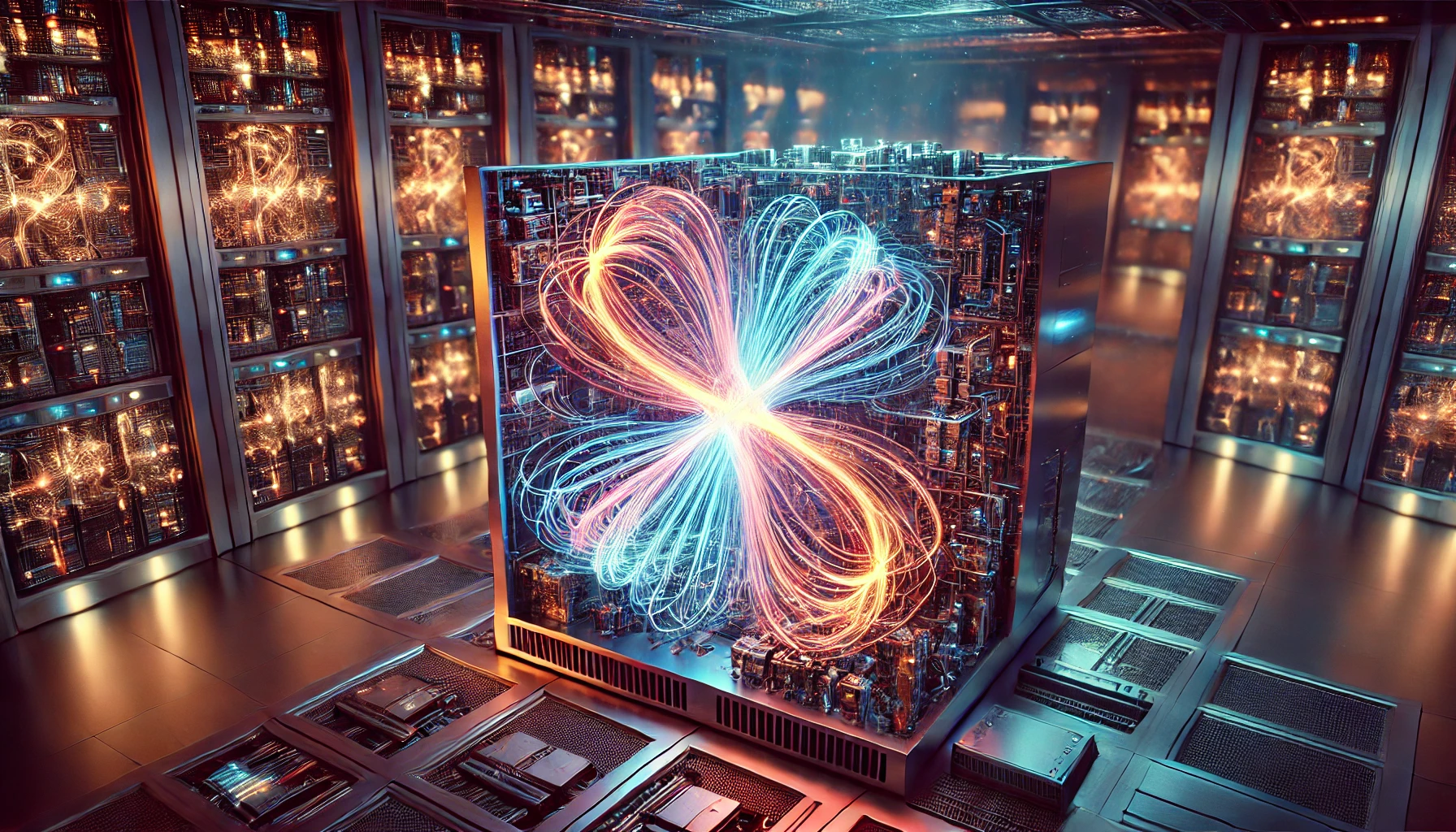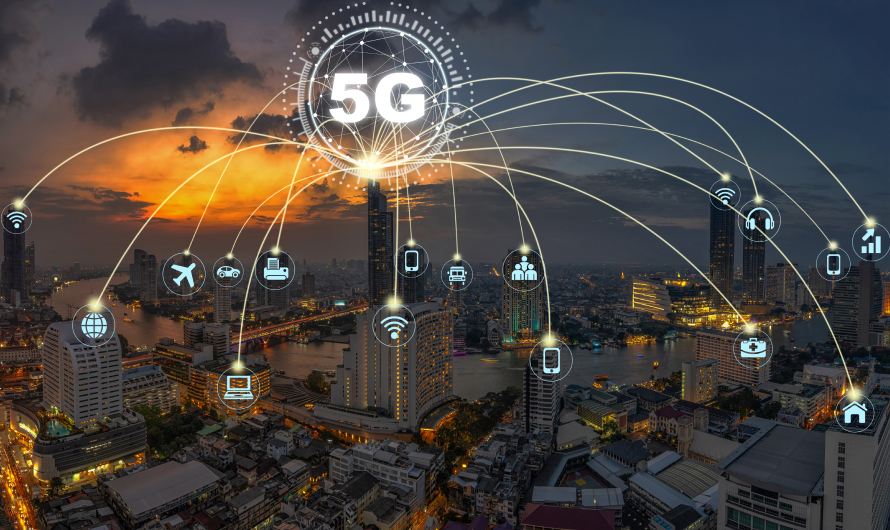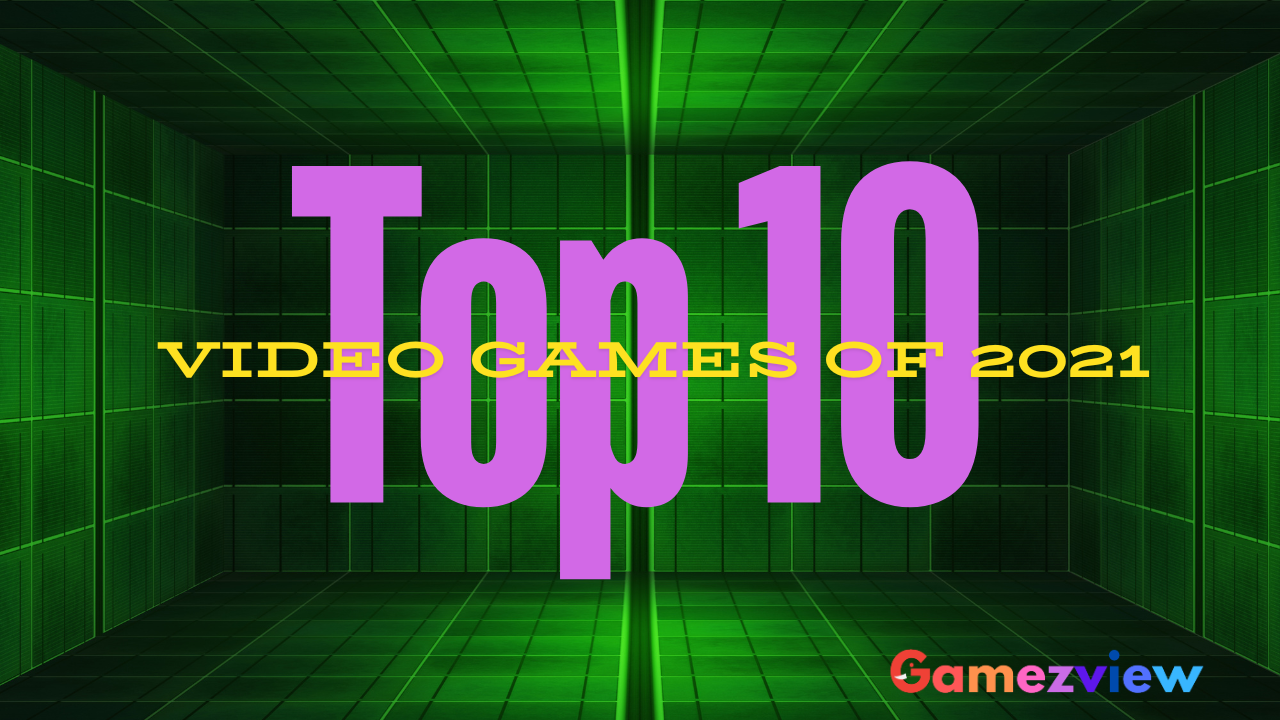In today’s fast-paced world, technology evolves at breakneck speed, impacting every facet of our lives. From advancements in artificial intelligence (AI) and machine learning (ML) to breakthroughs in quantum computing and 5G, tech innovations are revolutionizing industries, reshaping economies, and altering the way we live and work. In this comprehensive review, we will explore the latest tech innovations of 2024 that are setting new standards in the tech landscape. These include artificial intelligence, augmented reality (AR), quantum computing, biotechnology, and blockchain technology.
1. Artificial Intelligence: Advancing at Warp Speed

Artificial intelligence (AI) continues to dominate the tech scene with its rapid advancements and ever-expanding applications. In 2024, AI is moving beyond its traditional boundaries, thanks to significant breakthroughs in deep learning, natural language processing (NLP), and generative AI.
Generative AI and Natural Language Processing
One of the biggest trends in AI this year is the rise of generative AI tools such as GPT-4 and its competitors. These models are capable of creating text, images, music, and even coding applications. Companies are using these tools to automate content creation, boost marketing strategies, and streamline creative processes. In 2024, we are witnessing the expansion of AI’s role in creative fields, where it assists in everything from writing code to generating realistic art.
In the field of NLP, AI is evolving rapidly, enabling more accurate and human-like interactions between machines and users. Virtual assistants like OpenAI’s ChatGPT and Google’s Bard have become smarter and more conversational, improving customer service experiences across sectors. AI-driven tools are also being deployed in call centres, healthcare, and e-commerce to enhance personalized customer interactions.
AI in Healthcare
Another significant leap is the application of AI in healthcare. Predictive analytics powered by AI can now predict patient outcomes more accurately, improve diagnostic accuracy, and even recommend personalized treatment plans. AI-driven algorithms are being used in radiology to detect cancers at earlier stages and help doctors make more precise surgical decisions.
Furthermore, AI’s ability to process massive datasets is transforming the pharmaceutical industry. AI-powered drug discovery is significantly shortening the time required to develop new treatments by analyzing the properties of potential drug compounds and simulating their effectiveness before clinical trials.
2. Augmented and Virtual Reality: Transforming Industries
Augmented reality (AR) and virtual reality (VR) technologies are no longer confined to the gaming and entertainment sectors. In 2024, AR and VR are becoming crucial in areas like education, healthcare, real estate, and even workforce training.
AR in Retail and E-Commerce
Augmented reality is changing the way we shop. AR-enabled applications are giving customers the ability to virtually try on clothes, preview furniture in their homes, and experience products in 3D before making a purchase. Major retailers like IKEA and Sephora are using AR to create more immersive and personalized shopping experiences, which has led to higher customer engagement and increased sales.
VR in Education and Training
In education, VR is creating immersive learning environments that provide students with experiences that would otherwise be impossible in a traditional classroom. Medical students are using VR to practice surgeries while engineering students are exploring virtual replicas of complex machines. VR platforms are also being used to train employees in fields like aviation, military, and heavy machinery by simulating real-world conditions without the risks.
AR/VR in Healthcare
In healthcare, AR and VR are revolutionizing treatment and therapy options. AR assists surgeons in performing precise operations by overlaying critical data and 3D models during procedures. VR is being used in rehabilitation therapies, offering patients engaging and motivating environments to enhance physical therapy sessions. Moreover, VR is also gaining traction in mental health treatment, particularly in exposure therapy for anxiety disorders, phobias, and PTSD.
3. Quantum Computing: The Next Frontier

Quantum computing is no longer a theoretical concept—it is becoming a tangible reality with the potential to solve problems that are currently unsolvable by classical computers. In 2024, significant strides have been made toward building quantum computers that can tackle complex challenges in fields like cryptography, pharmaceuticals, and logistics.
Cryptography and Security
Quantum computing is set to transform cryptography, potentially rendering many of the encryption methods currently used obsolete. Companies and governments are preparing for the “quantum threat,” which refers to the possibility that quantum computers could break traditional encryption schemes. As a result, “quantum-resistant” cryptographic algorithms are being developed to protect data in a future quantum-powered world.
Drug Discovery
The ability of quantum computers to simulate molecular interactions at an unprecedented scale has enormous implications for drug discovery. Pharmaceutical companies are leveraging quantum computing to model chemical reactions that would take classical computers years to calculate. This will accelerate the development of new drugs, leading to faster cures for diseases like cancer and Alzheimer’s.
Optimization in Logistics
Quantum computing is also reshaping the logistics and supply chain industries. Quantum algorithms can analyze multiple variables and constraints in real time, optimizing routes, inventories, and schedules in ways that classical computers cannot. Companies like Volkswagen and DHL are experimenting with quantum solutions to improve efficiency in their logistics operations.
4. Biotechnology: Merging Biology with Technology
Biotechnology is another field that is making waves in 2024. Advances in genetic engineering, synthetic biology, and bioprinting are opening up new possibilities in healthcare, agriculture, and environmental conservation.
CRISPR and Gene Editing
CRISPR technology has advanced significantly, allowing for more precise and efficient gene editing. In 2024, scientists are using CRISPR to edit genes associated with inherited diseases, offering potential cures for conditions like sickle cell anaemia and cystic fibrosis. Additionally, CRISPR is being applied in agriculture to develop crops that are more resistant to pests, drought, and other environmental stresses.
Synthetic Biology
Synthetic biology, which involves designing and constructing new biological parts, devices, and systems, is gaining momentum. Companies are using synthetic biology to create sustainable biofuels, biodegradable plastics, and lab-grown meat, which could revolutionize industries and reduce humanity’s environmental footprint.
3D Bioprinting
3D bioprinting technology is also evolving rapidly, offering new ways to produce tissues and organs. In 2024, researchers are working on bioprinting functional tissues that could one day replace damaged organs in patients. This technology has the potential to reduce the need for organ donors and dramatically improve outcomes for patients with chronic diseases.
5. Blockchain Technology: Moving Beyond Cryptocurrencies
Blockchain technology, best known as the backbone of cryptocurrencies, is expanding its influence far beyond digital currencies. In 2024, blockchain is being used across various industries to improve transparency, security, and efficiency in data management.
Decentralized Finance (DeFi)
Decentralized finance (DeFi) is a fast-growing sector of the blockchain industry that offers an alternative to traditional financial systems. DeFi platforms allow users to access financial services like lending, borrowing, and trading without intermediaries such as banks. In 2024, DeFi will continue to gain traction, with more users and institutions embracing the benefits of decentralized financial systems, including reduced fees, increased transparency, and greater accessibility.
Supply Chain Management
Blockchain is also revolutionizing supply chain management. By providing a transparent and immutable ledger of transactions, blockchain technology ensures that products are sourced ethically, traced accurately, and delivered efficiently. In industries such as agriculture, food, and pharmaceuticals, blockchain is being used to track the origin and movement of goods, enhancing safety and reducing fraud.
NFTs and Digital Ownership
Non-fungible tokens (NFTs) remain a hot topic in 2024, though their use has expanded beyond digital art. NFTs are now being used to prove ownership of physical assets such as real estate, luxury goods, and even intellectual property. This development has opened up new avenues for businesses and creators to monetize their work and assets securely through blockchain technology.
6. 5G Networks: Powering the Future of Connectivity

5G technology has officially entered the mainstream, delivering lightning-fast internet speeds and ultra-low latency. In 2024, 5G is powering everything from autonomous vehicles to smart cities, making it a cornerstone of the next wave of tech innovations.
Autonomous Vehicles
5G networks are enabling autonomous vehicles to communicate with each other and their surroundings in real time. This development is critical for the safe and efficient operation of self-driving cars, reducing the risk of accidents and improving traffic flow. Major automotive companies like Tesla, Waymo, and General Motors are integrating 5G technology into their autonomous vehicle systems to accelerate their deployment.
Smart Cities
Smart cities are also benefiting from the widespread rollout of 5G. With enhanced connectivity, cities can integrate IoT devices, surveillance systems, and traffic management solutions to improve urban living. Smart streetlights, waste management systems, and energy grids are just some of the innovations being powered by 5G to create more sustainable and efficient urban environments.
IoT Devices and Industrial Applications
In industrial applications, 5G is revolutionizing manufacturing and logistics by connecting IoT devices in factories, warehouses, and distribution centres. Real-time monitoring of equipment, predictive maintenance, and automation are becoming more feasible with the higher bandwidth and lower latency of 5G networks, resulting in significant cost savings and increased productivity.
The Impact of Mobile Gaming on Society in Different Cultures
In 2024, technology is advancing at an unprecedented rate, with innovations that are shaping the future of industries ranging from healthcare and finance to education and entertainment. Artificial intelligence is transforming the way we interact with machines and make decisions, while AR and VR are creating immersive experiences that transcend traditional boundaries. Quantum computing is on the cusp of solving some of the world’s most complex problems, and biotechnology is unlocking new frontiers in healthcare and sustainability. Blockchain technology is revolutionizing finance and data management, and 5G is laying the foundation for the next generation of connectivity. Together, these innovations are propelling us toward a future that was once the realm of science fiction.



